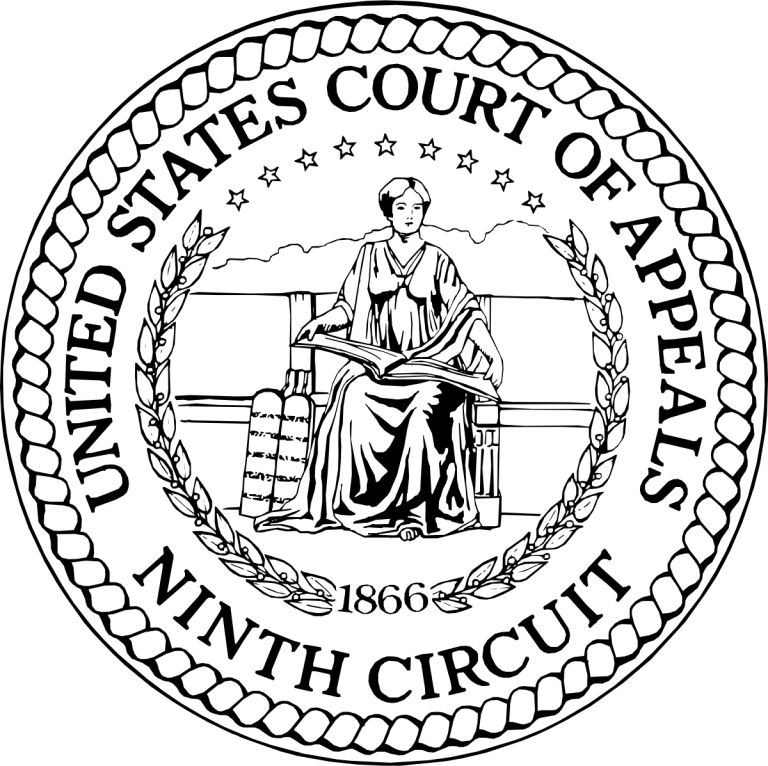Noncitizens who are ordered removed (deported) by an Immigration Judge have the right to file an appeal with the Board of Immigration Appeals (BIA). Appeals must be filed within 30 days of the Judge’s decision, and federal regulations state that if a person leaves the U.S. before an appeal is filed, he or she has “waived” the right to appeal.
The Court of Appeals for the Ninth Circuit recently considered the limitations of this provision in the case of Chavez-Garcia v. Sessions. Mr. Chavez came to the United States in 1958, when he was only seven years old. He became a lawful permanent resident in 1972.
In 2010, Mr. Chavez engaged in criminal conduct which resulted in the initiation of removal (deportation) proceedings against him. Before the Immigration Judge, Mr. Chavez argued that his conviction was not a removable offense but the Judge rejected his arguments. At the end of his hearing, Mr. Chavez’s attorney stated that he would appeal the Judge’s decision to the BIA.
Mr. Chavez was detained throughout his removal proceedings. Two weeks after the Judge’s decision, he submitted a written request to be removed from the United States because his mother was ill in Mexico. The Department of Homeland Security agreed and Mr. Chavez was removed.
Shortly after his departure from the United States, Mr. Chavez’s attorney filed the appeal in his case. The BIA dismissed the appeal saying that, under the federal regulations, Chavez-Garcia waived his right to appeal by departing under an order of removal.
The Court of Appeals for the Ninth Circuit disagreed. The Court noted that a waiver of appeal has to be “considered” and “intelligent” to be valid. To meet this standard there has to be evidence that the Immigration Judge advised Mr. Garcia that if he left the U.S. before filing his appeal, he would waive his right to one. In this case, the Judge told Mr. Garcia that he had a right to appeal and he explained the deadline for that appeal. Mr. Garcia, through his attorney, confirmed that he would be filing an appeal. But the Judge never told Mr. Garcia the consequences of leaving the U.S. before filing his appeal with the BIA.
Based on these facts, the Ninth Circuit determined that Mr. Chavez’s departure alone did not constitute a “considered” and “intelligent” waiver of his right to appeal, and therefore did not meet the constitutional requirements of a valid waiver. The Court sent Mr. Chavez’s case back to the BIA.
You can read the Court’s decision in Chavez-Garcia here: http://cdn.ca9.uscourts.gov/datastore/opinions/2017/09/21/14-72172.pdf
The rules and procedures for removal proceedings and appeals are complex, and ignorance of the law can have devastating consequences. TIMING CAN BE CRUCIAL IN APPEALS AND REMOVAL CASES. If you are facing removal proceedings or have been ordered removed and need to file an appeal, contact our office today at 213 – 627 – 8997 or book your appointment online today.

